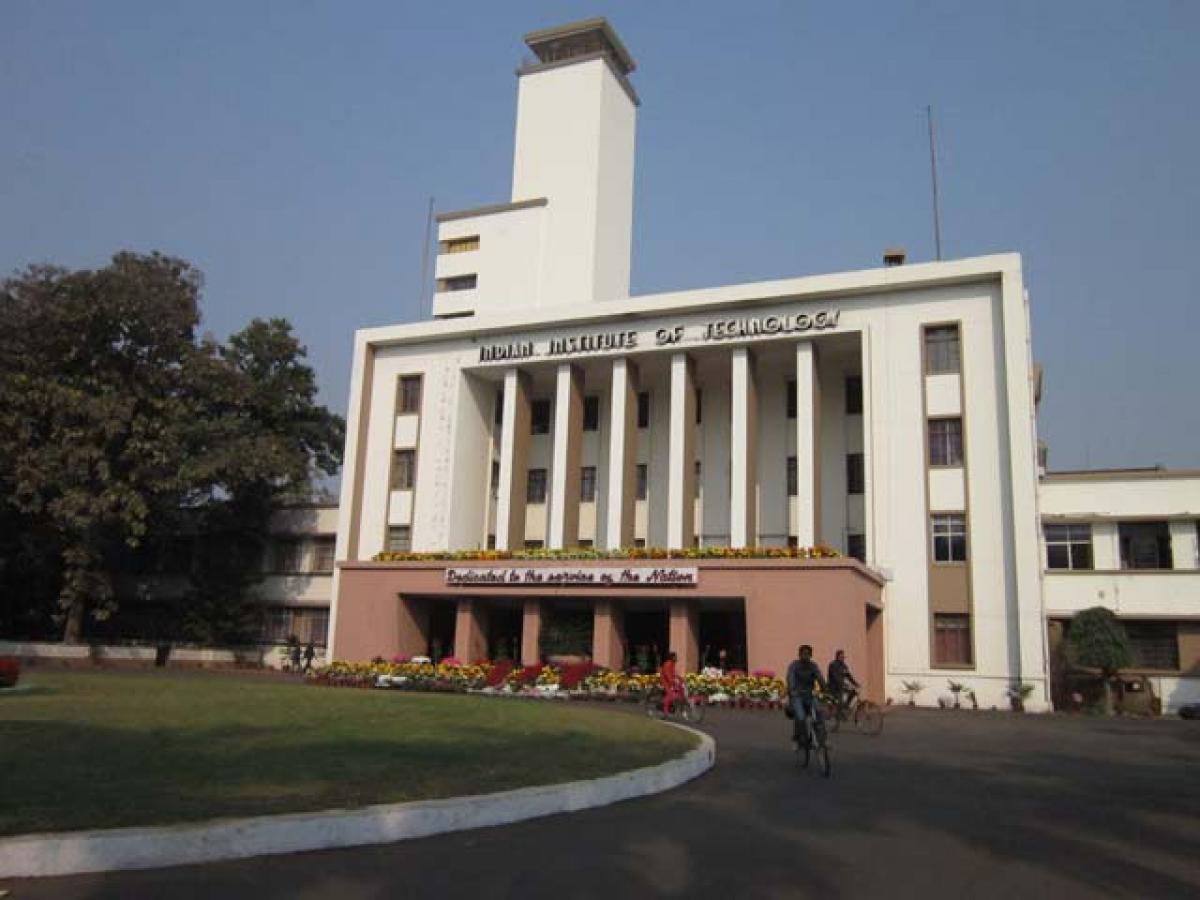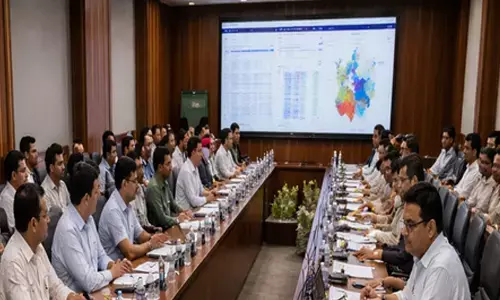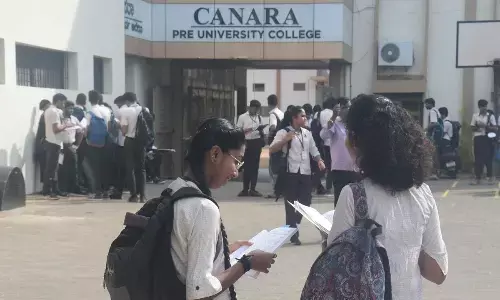PAL to help IIT Kharagpur freshers

Students at IIT Kharagpur have now got a new teaching group – their PAL. In an initiative to improve mentorship of the students, the Institute has set up a process to form a Peer Assisted Learning (PAL) group for various subject areas.
Kharagpur: Students at IIT Kharagpur have now got a new teaching group – their PAL. In an initiative to improve mentorship of the students, the Institute has set up a process to form a Peer Assisted Learning (PAL) group for various subject areas. IIT Kharagpur attracts the best students from various parts of the country for its undergraduate programme, which is the main flagship programme of the institute.
The first year of study is an important phase in a student’s life for a number of reasons. The student is straight out of the school learning environment and has to adapt to a new learning experience. A reasonably good academic performance in the first year enhances the student confidence levels and enables better performance in later years, apart from a good psycho-social standing.
The academic performance in the first year not only sets the tone for the remaining period of study but also becomes a defining point in nurturing the student’s potential and personality. Students admitted to the undergraduate programme hail from diverse regional, social, economic and learning backgrounds. The first year teachers are thus faced with the task of understanding the student diversity and properly addressing their learning needs.
Despite their best efforts, the teachers may not fully understand and assess the student’s learning ability. Students too may have reservation in interacting with the teachers to understand the concepts and clear doubts. IIT Kharagpur has initiated PAL method of coaching, training and tutoring outside the regular class room set up for the first year students for the theory subjects.
“The main objective of PAL is to help the student overcome the barriers mentioned above and help in achieving high academic performance coupled with all round development,” said Prof Rajendra Singh, Dean Undergraduate Studies. The IIT started shadow teaching for programming and Data Structure, a compulsory first year subject three years ago.
It started in an informal way in the form of Student help groups where seniors who were willing to participate assisted and helped the juniors in understanding the concepts through Problem Solving sessions that were conducted outside the class hours and over week-ends. This form of shadow teaching met with immediate success, the student failures in the subjects dropped dramatically.
Students were able to communicate more freely with their seniors. Keen students could delve deep and learn some of the finer points of the subjects. Students learning at a slower pace could go back and forth on a particular topic before they finally understood the concept. The Student Help Groups could thus cater to the needs of a wide spectrum of students with diverse learning abilities.
Spurred by the success of shadow teaching, from this academic session the institute has decided to streamline the process and build a well-organised PAL group of students to teach others students. In the first phase, apart from Programming and Data Structure, two other subjects where students face a lot difficulty, namely, Electrical Technology and Mechanics are being taken up.
This will be extended to others common theory subjects taught at the first and second year levels.PAL will finally include first year laboratory subjects as well. For each subject, a faculty coordinator would be responsible for setting up a PAL group and monitoring its activities. PAL group for each subject would comprise 10-12 students who are senior and are academically stronger. The students are selected through a written test and given a stipend to act as mentors.
Another aspect of PAL will be through Moodle, an open-source online learning software. Students pose their queries on Moodle to PAL. Other students, teaching assistants or teachers can also answer these. For laboratory courses, live experiments performed by senior students and /or faculty members are being video recorded and made available on Moodle.
“Laboratory courses act as supplements to their theory counterparts. Thus online experiments too enable students in the process of understanding theory concepts,” said Prof Singh. PAL activities are assigned a classroom with all facilities where students regularly assemble and interact. “The Institute aims to ensure no student will be left out of the learning process.
A definite improvement in the academic performance of first year students is expected. Enhanced academic performance in turn creates a sense of satisfaction and fulfillment in the students that will enable the potential to be fully nurtured. In short, PAL enables building of quality human resources that may contribute more productively in the process of nation building and society at large,” added Prof Singh.
By Aman Verma











